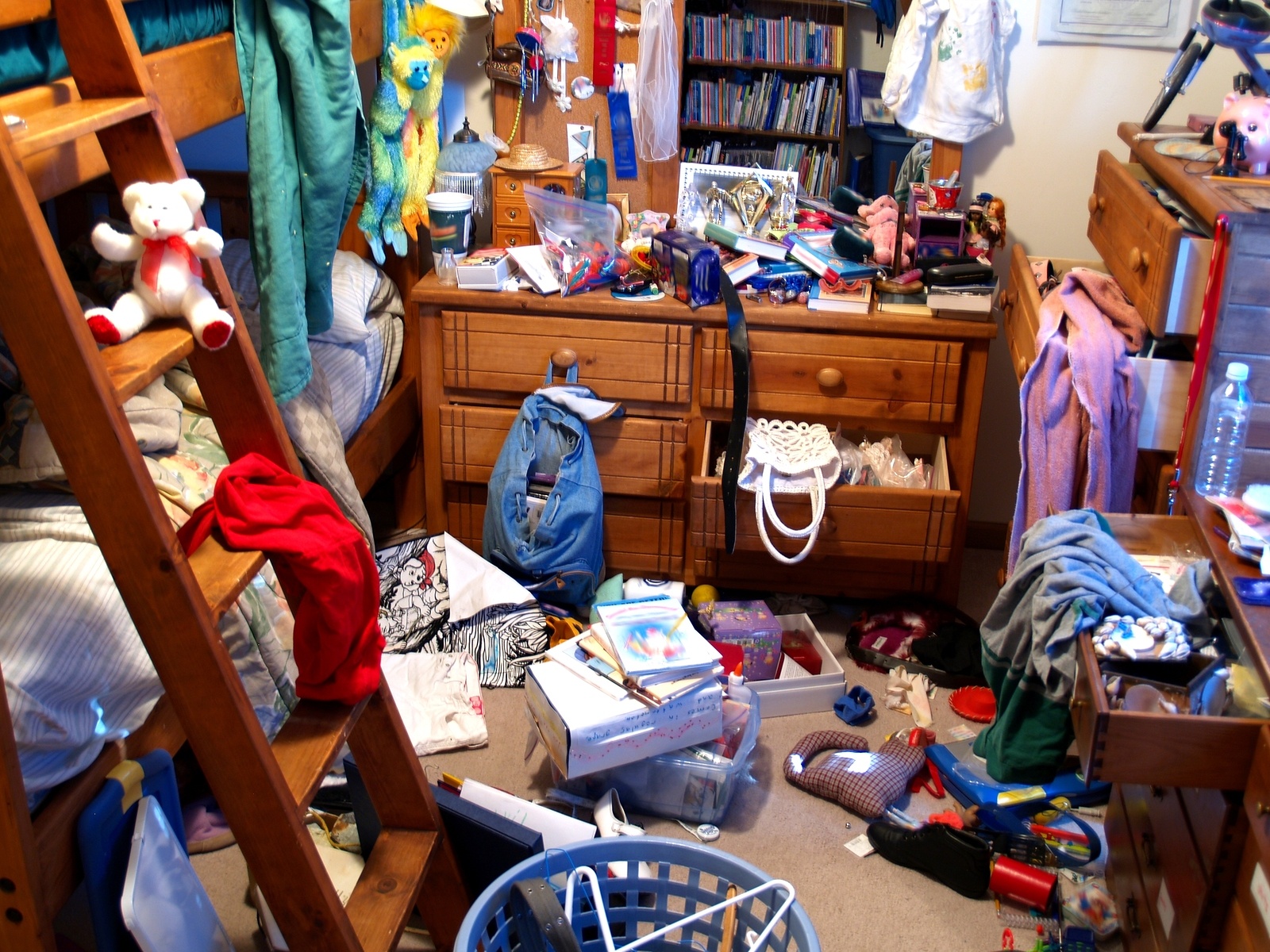Sharing a home with other people can have a lot of benefits. Firstly, it can be a great way to meet friends or to enjoy spending time with the ones you already have.
Among the occasional house share horror stories you might hear, it’s also worth pointing out that for most people, their experience of house sharing is one with a lot of laughs. Many people forge friendships with their housemates that last their entire lives.
It’s also a great way of cutting costs and can increase the scope of where you can live. This can make commutes much easier, which of course is vital for young professionals.
However, despite all these benefits, we are all human and we can end up stepping on each other’s toes if we’re not careful. With that in mind, here’s a look at five ways to deal with housemate issues before they get out of hand.
1. Organise bills and chores early on
If there’s two major causes of contention in shared houses, it’s paying the bills and housework, or rather, when people think others aren’t doing their fair share.
This is why it’s important to tackle these things early on. Are you all paying the same amount and splitting the costs equally?
Or are there some things that certain housemates don’t use, like a TV package for example, and therefore don’t want to pay for?
Is everyone doing their own individual food shop or are you splitting shared items?
Is there a dirty mystery bowl in the sink no one is claiming? All these questions and more need to be sorted as soon as possible to ensure they don’t they get out of control and cause serious rifts.
2. Don’t have these discussions drunk
The worst-case scenario if these things are left unsaid is that they come out after a beer or three.
Inhibitions are lowered and the chances of someone saying something they’ll later regret is massively increased.
Considering this, it’s always worth leaving alcohol out of these discussions in case they get out of hand and you’re left with a permanently tense atmosphere.

3. Have a think about whether you might be the problem
Admitting we’ve made mistakes is hard but try your best to see things from your housemate’s perspective.
It might be the case that you’re both not dealing with things in the right way but expecting them to behave better when you’re not doing so yourself is unrealistic.
So, have a think and ask yourself if you could be an easier person to live with before you ask it of other people.
4. Try to have discussions face to face
One of the problems with texting or emailing people is that it lacks a tone of voice.
This means that if the person you are contacting isn’t very happy with you at that moment, they’ll likely imagine a harsh tone of voice rather than the diplomatic one you were going for.
It also creates a disconnect, which makes it easy for arguments to spill over.
5. Know your rights
If everything else fails and your living situation has become unbearable, then it’s very important that you know your rights from the off, as this will determine how you can move forward.
The Citizens Advice Bureau has plenty of helpful information regarding this subject and will be best placed to help you figure out the next steps to move forward and away from a toxic living situation.




